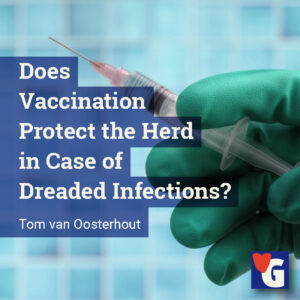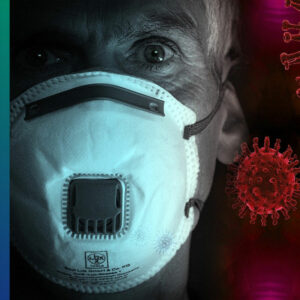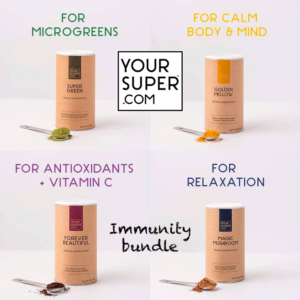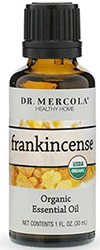
Does vaccination protect the herd in case of infectious diseases?
This is open for debate. We, for instance, dodge vaccination against seasonal influenza. This can lead to hilarious situations.
At some point, our GP’s system failed and we were called by mistake for the yearly flu jab.
When I asked the assistant ‘How come?’, she responded: “Oh, that’s right. You’re flu refusers”. And yes, that’s how it is, we dodge the flu.
Some of the links might be affiliate links. As an affiliate associate, we earn a small commission when you purchase any of the products offered through the shared links at no extra cost for you. This helps us to maintain this website.
Table of contents
Protect yourself with a healthy lifestyle

We advocate a healthy lifestyle as the best protection against the flu. The reasons for people to dodge vaccination are always profiled negatively. Does this mean that we are dummies or just plain stupid?
Moreover, the current (2020) worldwide struggle to find a vaccine against the COVID-19 virus only raises more questions.
Why not invest efforts in curing the diseases that are the result of the infection with this virus? Before I answer this question I will dig a little bit deeper into the pros and cons of vaccination.
You’re not sick, but we have a cure
‘Vaccination is not just an issue for children,’ advocates a consortium of a pr-agency, a lobby group for the pharmaceutical industry and one very large pharmaceutical company, ‘it should take a life-course approach.’
However, they also point out that there are some overlooked issues in vaccination: frequent travel and contacts between children and grandparents. They belittle people by negatively profiling those that oppose vaccination.
Related: Why is Eating Healthy Important and Where to Start?
Barriers to vaccination

There is a long list of barriers to vaccination:
- difficulty in access to health care provisions,
- discrimination,
- bureaucratic or financial problems,
- language or literacy problems,
- lack of cultural health beliefs and knowledge,
- lack of knowledge on health and vaccination,
- religious reasons,
- fatalistic approach to life,
- distorted perceptions of risks versus benefits.
These barriers negatively profile or even victimize, the people that cannot or don’t want to be vaccinated. Professionals recommend standard procedures to coerce people for vaccination. Procedures that have to be executed by health care professionals. This doesn’t enhance our trust in care professionals.
Related: 11 Simple Steps to Change your Life no Matter what Age you are
It’s about herd-protection

Older adults suffer more frequently from severe infectious diseases. Moreover, the impact of such diseases is often greater, with poorer outcomes. This is due to a variety of factors. Such as underlying chronic medical conditions, age‐related reduction in immunity and unwillingness to get vaccinated.
Who has always thought to be an individual, might be disappointed by the advocates of vaccination. They see us as a herd. I’m very much in favour of the idea that we’re a herd. I prefer the word collective though.
However, the words herd and collective signify some shared responsibility. Vaccination is such a responsibility and comes with three advantages:
- The first is that you protect the wider society. When you’re immune, you don’t infect others.
- The second is that you contribute to the fight against antimicrobial resistance.
- The third is that you contribute to socio-economic benefits. When you have a job you don’t need sick leave. Moreover, when older people don’t get sick, they don’t need costly treatments.
Vaccination is immunization
Professionals recommend vaccination against a wide range of infectious diseases: such as seasonal influenza, measles, diphtheria and tetanus. These usually are nasty diseases. To cure them is not simple. However, a vaccination is not a cure. It’s prevention. The rationale is that the vaccine immunizes.
The downside is that being immune makes you vulnerable. More specifically so when you are older. The immune function declines with age. This means that the capacity to respond to new infections and to vaccination declines in later life.
There is also some evidence that chronic stress reduces the immune response and the effectiveness of vaccines in older people. For example, such stress is the result of our need to take care of others.
Related: Are We Losing the Battle against the COVID-19 Virus?
Protect the herd, live a healthy life
Does vaccination protect the herd in case of infectious diseases? Vaccination is probably proposed with the best of intentions. However, I believe that the herd is better off when provided with cures for the diseases that kill us. Or have an enormous impact on our quality of life.
Why is it easier to vaccinate the total world population? Is it not better to find a cure for the consequences of COVID-19 infections? To me, this seems easier, less burdensome and cheaper. Yet, why is it nobody talks about a cure?
However, I think that the herd would be better off when the herd lives a healthy life. Today I read: “There is a ‘health food’ section in your supermarket. What does that make the rest of the food sold there?’
Is this a wake-up call or what? Tell us in the comment box what your opinion is.


